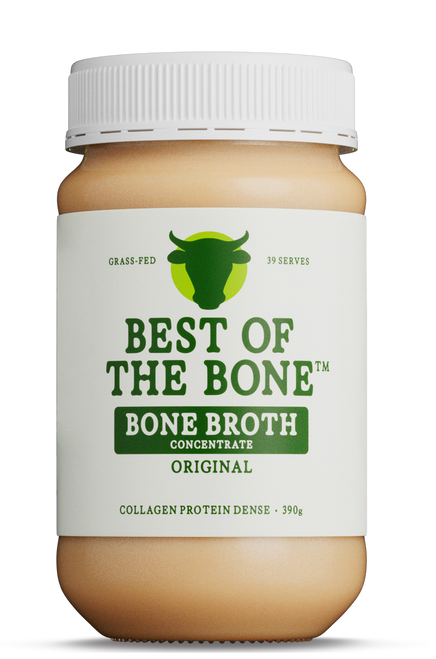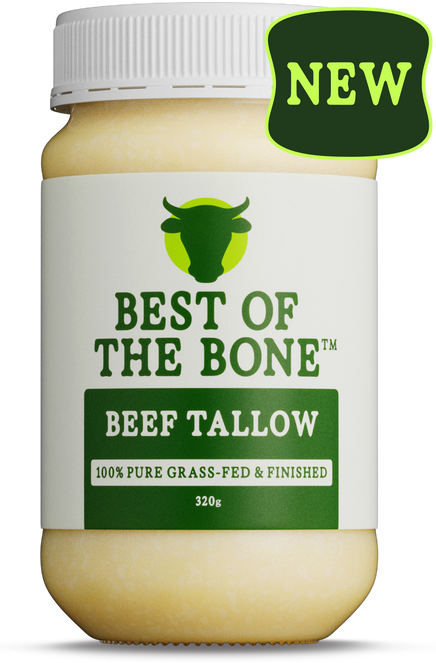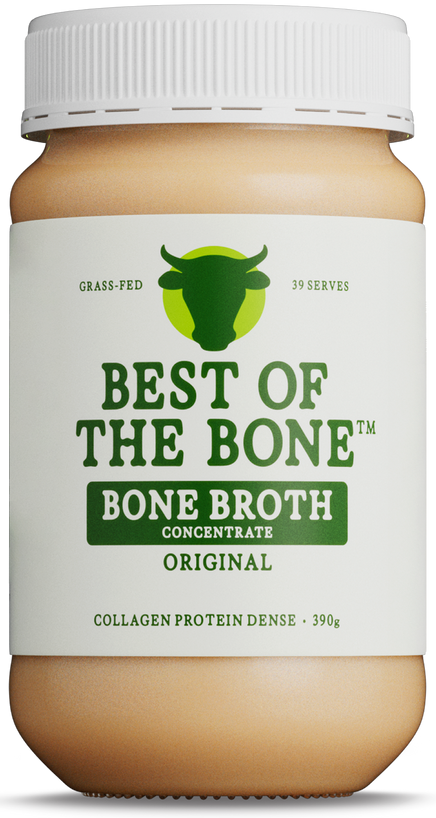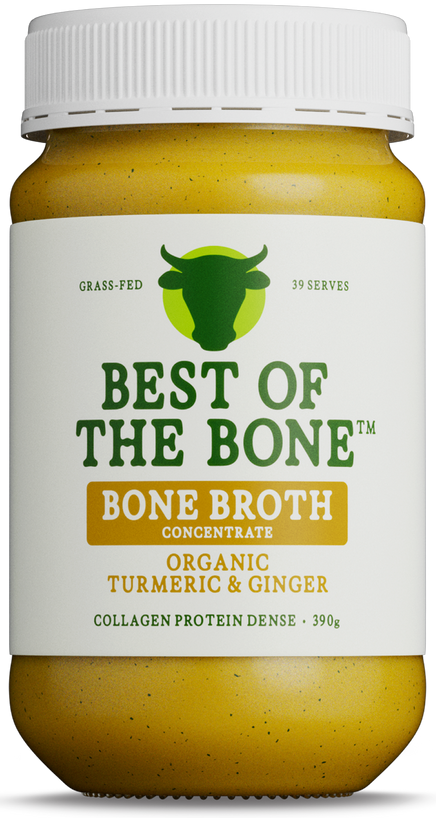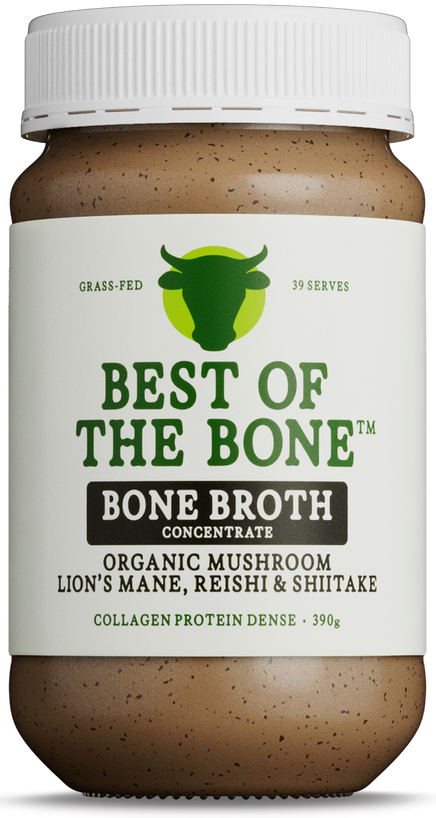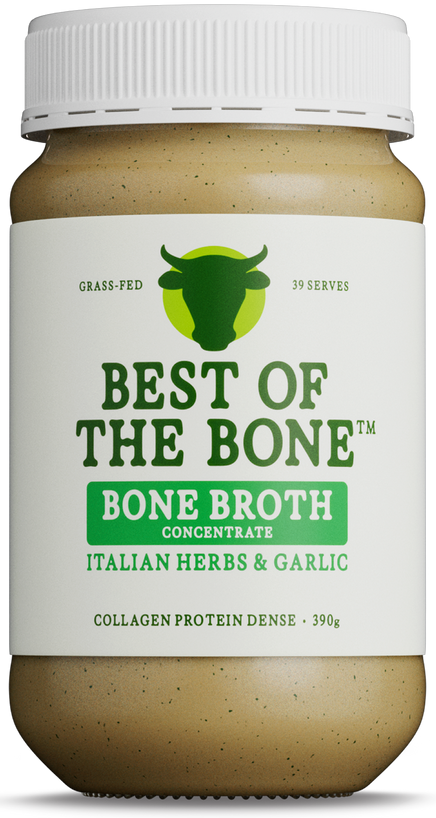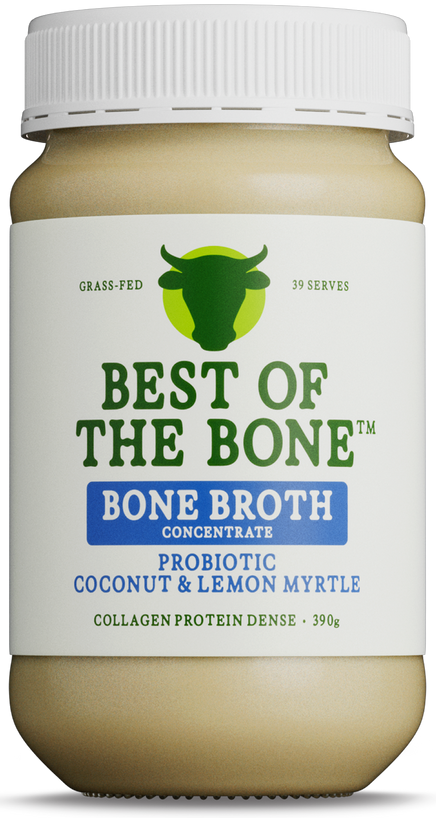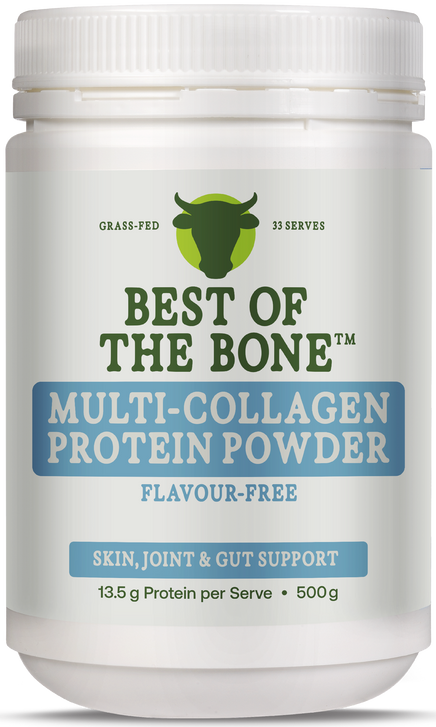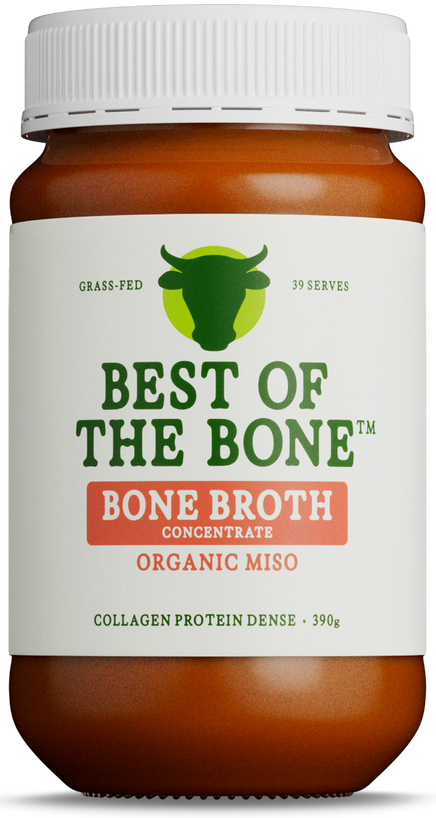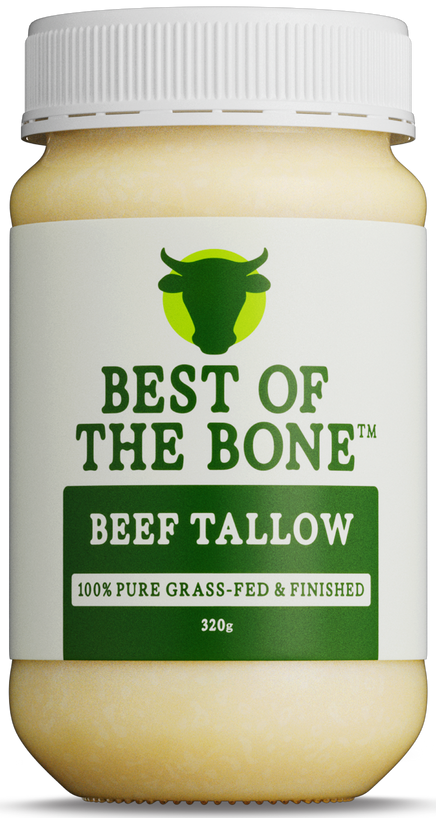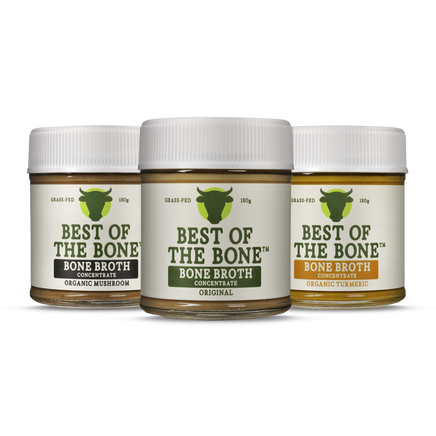The Hidden Dangers of Seed Oils and Why Tallow is a Better Choice
For decades, we have been consistently advised by health experts, government agencies, medical associations and food companies, that seed oils are much better for your heart health than traditional animal fats.
We were told that, because seed oils contain polyunsaturated fats, they can help lower cholesterol and reduce the risk of heart disease.
However, recent research has indicated that seed oils are unstable and can cause inflammation, potentially leading to chronic disease.
On the other hand, traditional cooking fats derived from animal sources, such as beef tallow, are much more stable when exposed to heat, are rich in fat soluble vitamins and nutrients, and have anti-inflammatory properties.
So, let’s take a closer look at these fats and see which one best stacks up.
What are Seed Oils?
Seed oils were first introduced in the late 1800s as a by-product of industry. Initially, cottonseed oil, which was considered toxic waste, was the first to be mass-produced for human consumption. This was promoted as a cheap and healthy alternative to animal fats.
By the 1960s soybean oil, corn oil, sunflower oil and safflower oil were being widely touted as the healthiest oils. This gave way to a massive global dietary shift that saw entire populations turn away from animal fats in favour of seed oils under the belief that saturated fats caused heart disease.
What wasn’t readily disclosed is that seed oils are typically made through a chemical extraction process using hexane, a chemical solvent derived from petroleum. This causes the oil to oxidise, producing free radicals, which may contribute to inflammation and chronic disease.
To mask the rancid smell produced by this process, the oil is then refined, bleached and deodorised, consequently removing all remaining nutrients and beneficial plant compounds.
What’s left is a cheap, poor quality, omega-6-rich, industrial oil which has been long promoted as the healthiest option for you and your family.
Are Seed Oils Making Us Sick?
Omega-6 fatty acids are essential, meaning we need to get them from our diet to be healthy. However, they need to be consumed in the right balance in relation to omega-3s, which are found in oily fish and grass-fed animals. The healthy ratio for omega-6 to omega-3 is thought to be somewhere between 2:1 and 1:1. In Australia, because so much of our food contains seed oils, this ratio looks more like 10:1.
All this omega-6 is then converted in the body to pro-inflammatory mediators increasing the risk for heart disease, inflammatory disorders and chronic disease.
Studies indicate that excessive seed oil consumption is associated with:
- Diabetes and insulin resistance
- Increased risk of cardiovascular disease
- Macular degeneration
- Obesity
- Hormone imbalances
Oxidation and Toxic Byproducts
The chemical structure of seed oils makes them very susceptible to oxidation and rancidity when exposed to heat, light or oxygen. So, when seed oil manufacturers use heat and solvents to extract oil from seeds, what you end up with is an oil damaged by oxidation with some being transformed into harmful trans fats.
Seed oils then undergo high-heat deodorisation to cover up the unpalatable smell. This results in further damage, increasing the amount of trans fats and oxidative byproducts which have been shown to contribute to cell damage, ageing, heart disease and metabolic disorder like diabetes.
Tallow: The Healthier Alternative
Tallow is the raw, hard fat rendered from beef, which is known as suet. It may sound unfamiliar to many, but it has been used as a nutrient-dense, flavourful and heat-stable fat in cooking for countless generations. Tallow’s high smoke point (2040 – 2160) and rich depth of flavour makes it perfect for frying, sauteing and roasting; and our great grandparents knew it.
One of the key benefits of tallow is that it does not undergo the harmful industrial processes that results in the deleterious health properties found in seed oils. It contains no oxidised or trans fats and has not been bleached, deodorised or chemically extracted. Rather, tallow is a pure and unrefined fat, rich in fat-soluble nutrients, such as vitamins A, D, E and K2 and choline.
Tallow from grass-fed cattle is also recognised for its beneficial fatty acid composition, including stearic acid, omega-3s and conjugated linoleic acid, which has been associated with improved fat metabolism, cognitive health and reduced inflammation.
This rich and balanced fatty acid profile also provides the foundation for healthy hormone balance, acting as precursors to essential hormones such as cortisol and testosterone.
A Sustainable Solution
Despite the common belief that plant-derived oils are always more sustainable than animal-based products, tallow is actually a highly sustainable alternative to industrial seed oils.
Seed oils use massive amounts of land and are some of the worst types of crops when it comes to deforestation and land use efficiency. A recent report by the Food and Agriculture Organisation of the United Nations found that more land is devoted to seed oil crops than all other plant crops combined.
On the other hand, using land for livestock results in the production many goods, including medicines, industrial materials and household goods.
By using tallow, you are adopting a ‘nose-to-tail’ eating approach that honours the whole animal, minimises waste and reduces the environmental impact of meat production. This not only ensures that the yield from each animal is maximised, but it also offers a wider variety of nutrient-dense foods.
The Choice is Clear
It’s all too easy to be swayed by the bombardment of messages telling us that seed oils are the healthiest choice. However, the evidence is becoming clearer and clearer – seed oils are bad for your health and tallow is the nutritious, stable and sustainable alternative.
By switching over to tallow you can:
- Cook at higher temperatures without worrying about oxidation and toxic byproducts
- Gain all the health benefits from a dietary fat rich in nutrient
- Be confident that you are consuming a natural, minimally processed food
- Rest assured that you are supporting responsible sourcing and reduced waste
Just try it - 100% grass-fed and finished Beef Tallow. You will immediately notice the difference!
References:
-
Knobbe, C., & Stojanoska, M. (2017). The ‘Displacing Foods of Modern Commerce’ are the primary and proximate cause of age-related macular degeneration: A unifying singular hypothesis. Medical Hypotheses, 109, 184–198.
https://doi.org/10.1016/j.mehy.2017.10.002 - Knobbe, C. (2022). Ancestral Health Foundation. [Likely refers to a publication or report authored by Chris Knobbe via the Ancestral Health Foundation.]
- Knobbe, C.A., & Alexander, S.J. (2020). The Ancestral Diet Revolution. Ancestral Health Foundation.
-
Simopoulos, A.P. (2002)"The importance of the ratio of omega-6/omega-3 essential fatty acids." Biomedicine & Pharmacotherapy, 56(8), 365–379.
- Calder, P.C. (2006) "n-3 polyunsaturated fatty acids, inflammation, and inflammatory diseases." American Journal of Clinical Nutrition, 83(6 Suppl), 1505S–1519S.
-
Patterson, E. et al. (2012) "Health implications of high dietary omega-6 polyunsaturated Fatty acids." Journal of Nutrition & Metabolism, 2012: 539426.

